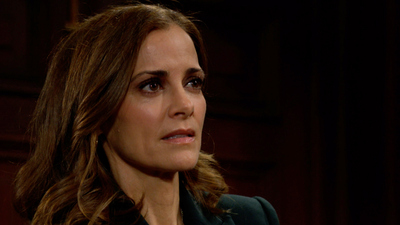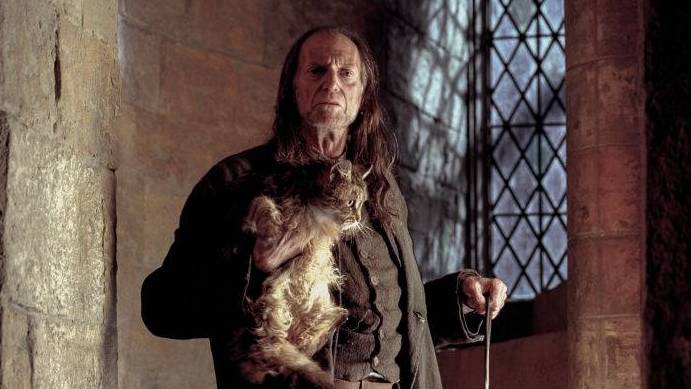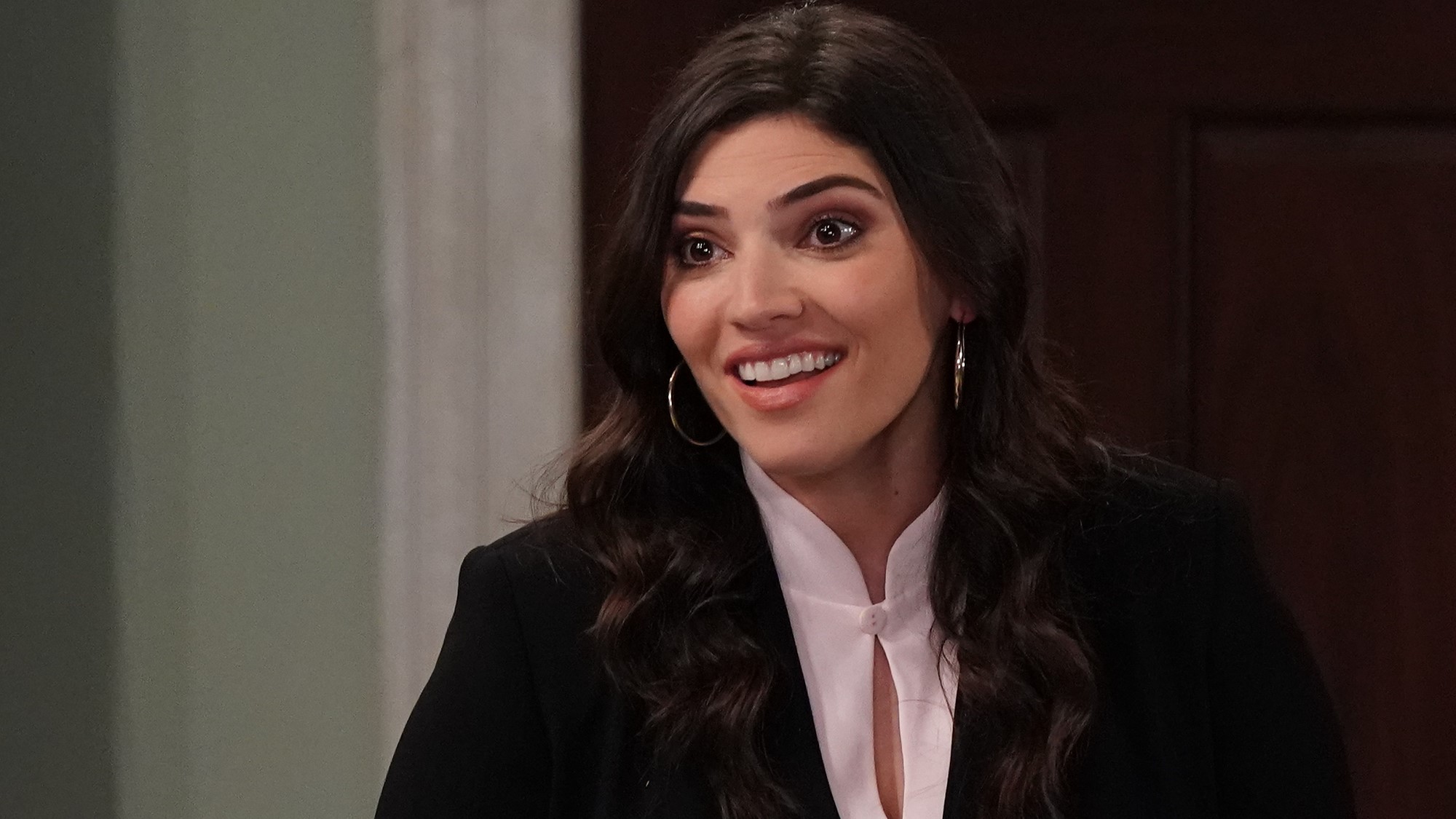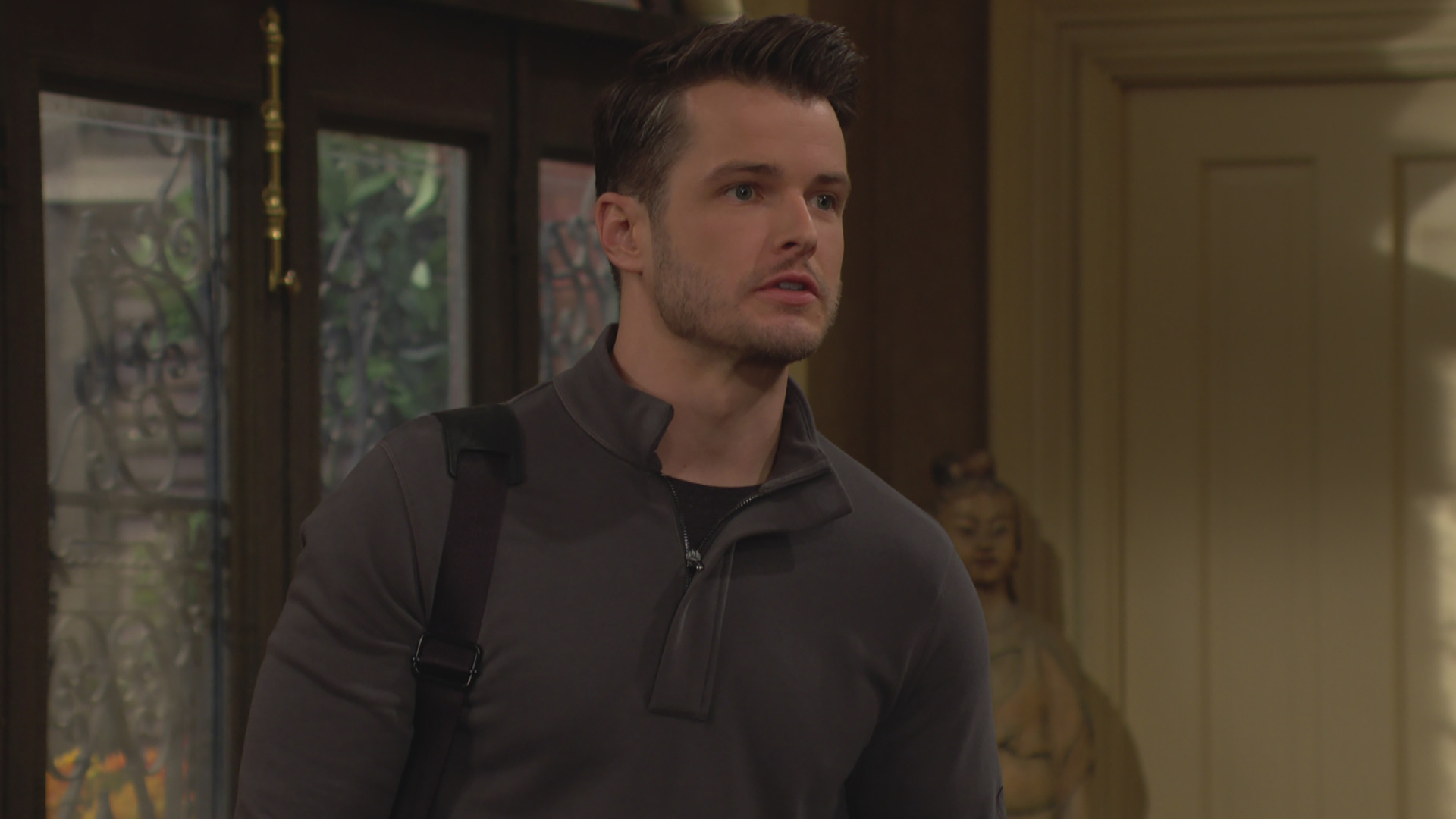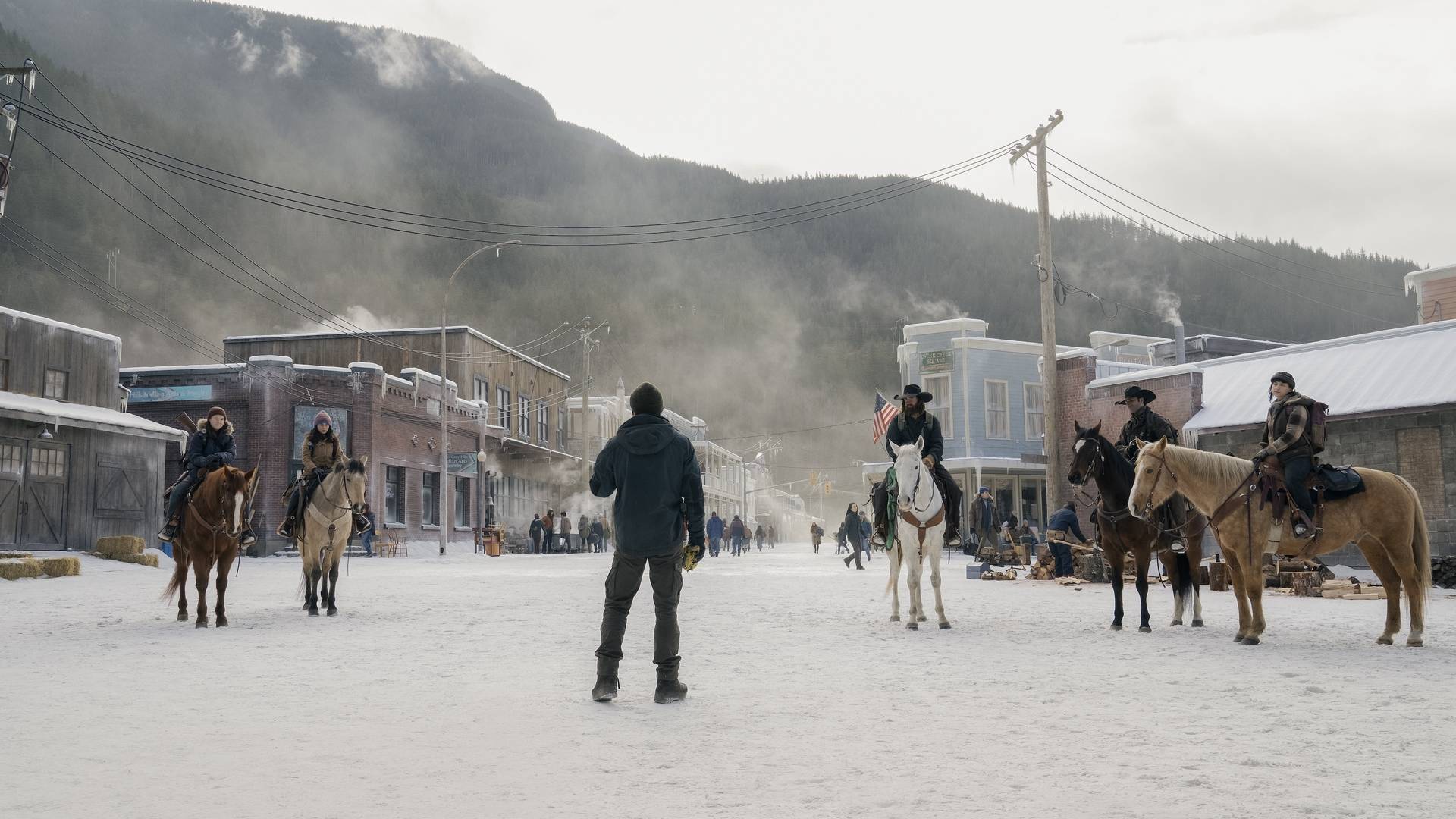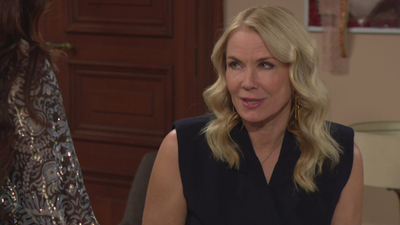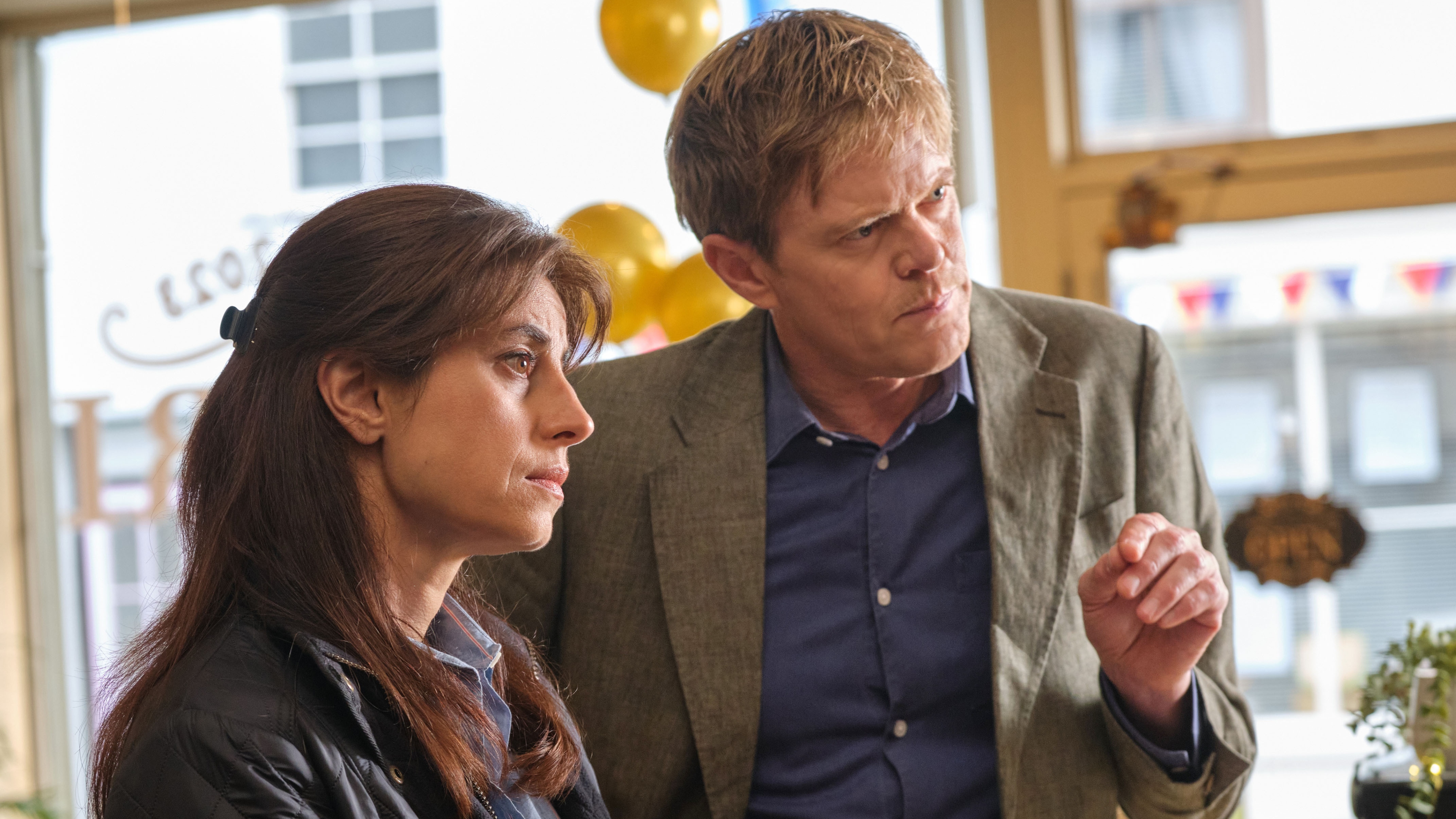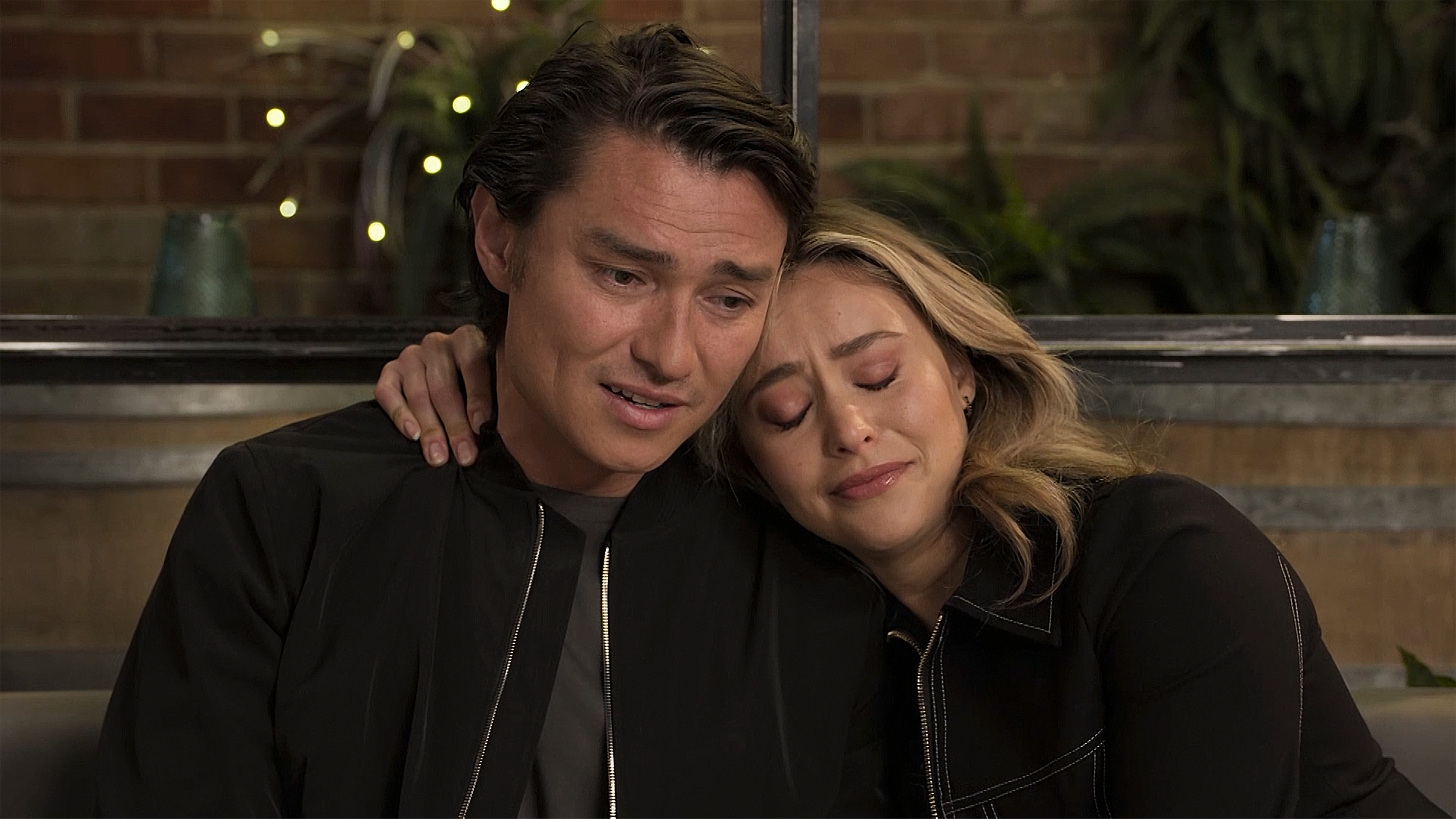Claire Foy on her role as the Duchess of Argyll in A Very British Scandal
Interview with Claire Foy, who stars as the headline-grabbing Duchess at the center of one of the most brutal divorce cases of the 1960s
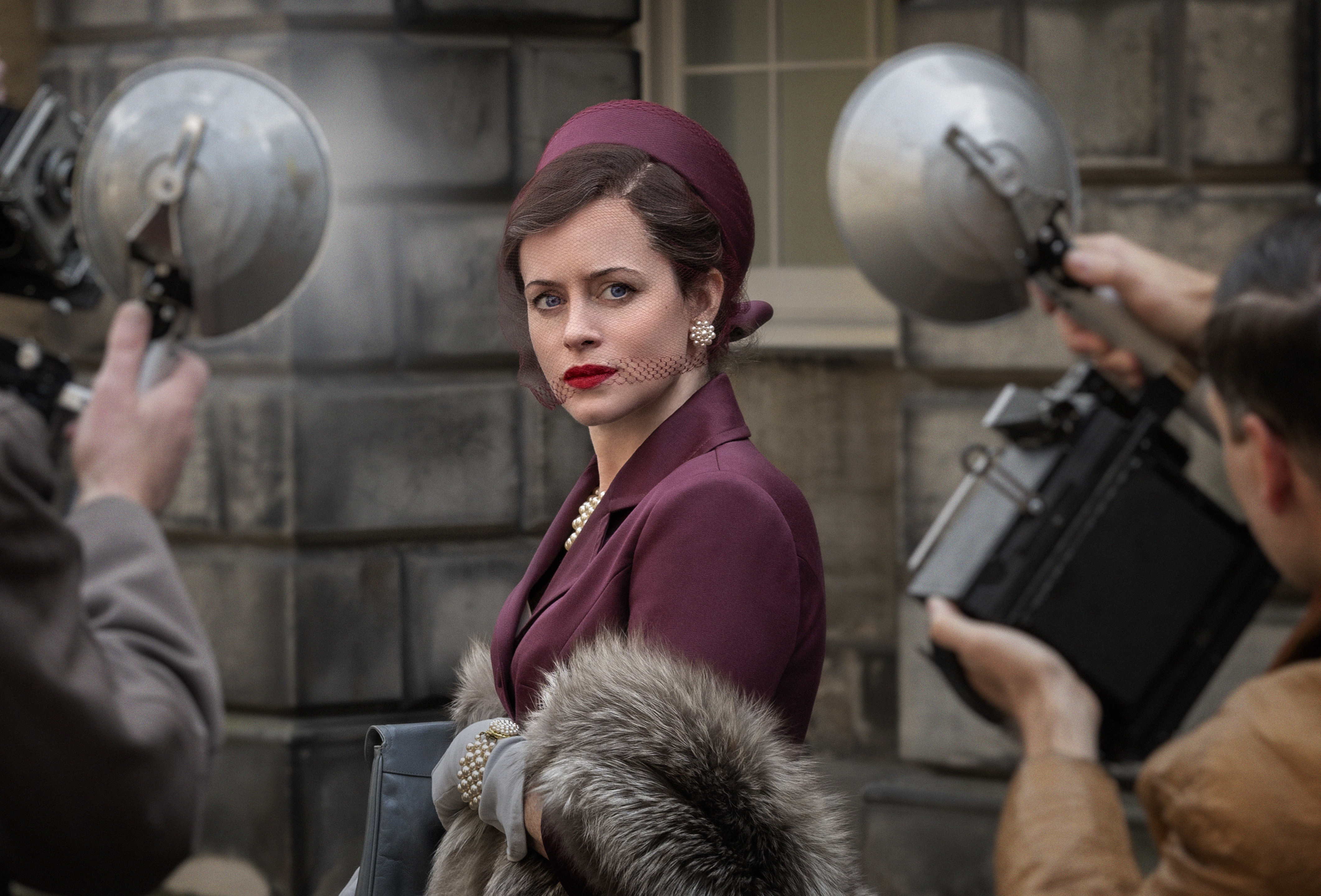
Claire Foy stars as The Duchess of Argyll in A Very British Scandal, a three-part drama that tells the true story of the Duchess' ill-fated marriage to the Duke of Argyll and their acrimonious divorce that made front-page news in the 1960s.
Filled with betrayal, bribery, backstabbing, and scandal — including a sexually-explicit photo that sent shockwaves around the country — the couple’s warring turned into one of the most notorious legal cases of the 20th century.
Claire Foy (The Crown, Wolf Hall) plays high-society millionaire’s daughter, Margaret Campbell, who married the Duke in 1951 only to have her reputation publicly torn to shreds when their relationship ended in the divorce courts.
WandaVision star, Paul Bettany, plays the Duke in a star-studded cast that includes Julia Davis (Nighty Night), Richard Goulding (The Crown), and Sophia Myles (Discovery of Witches). The drama is written by Sarah Phelps (The Pale Horse) and is made by the team behind 2018's award-winning A Very English Scandal, which starred Hugh Grant and Ben Whishaw.
Here Claire Foy tells us about playing the Duchess who died in 1993, aged 80, and reveals why she found her story heart-breaking...
Did you know much about the Duchess before taking this role?
No. She’s basically been forgotten in recent history and I think that’s because people did a very good job of diminishing her and silencing her.
You look at pictures of her and you think, ‘She just looks like a woman in a dress at a certain point in time’ but she was the height of class and fashion. Everyone was fascinated by her.
Get the What to Watch Newsletter
The latest updates, reviews and unmissable series to watch and more!
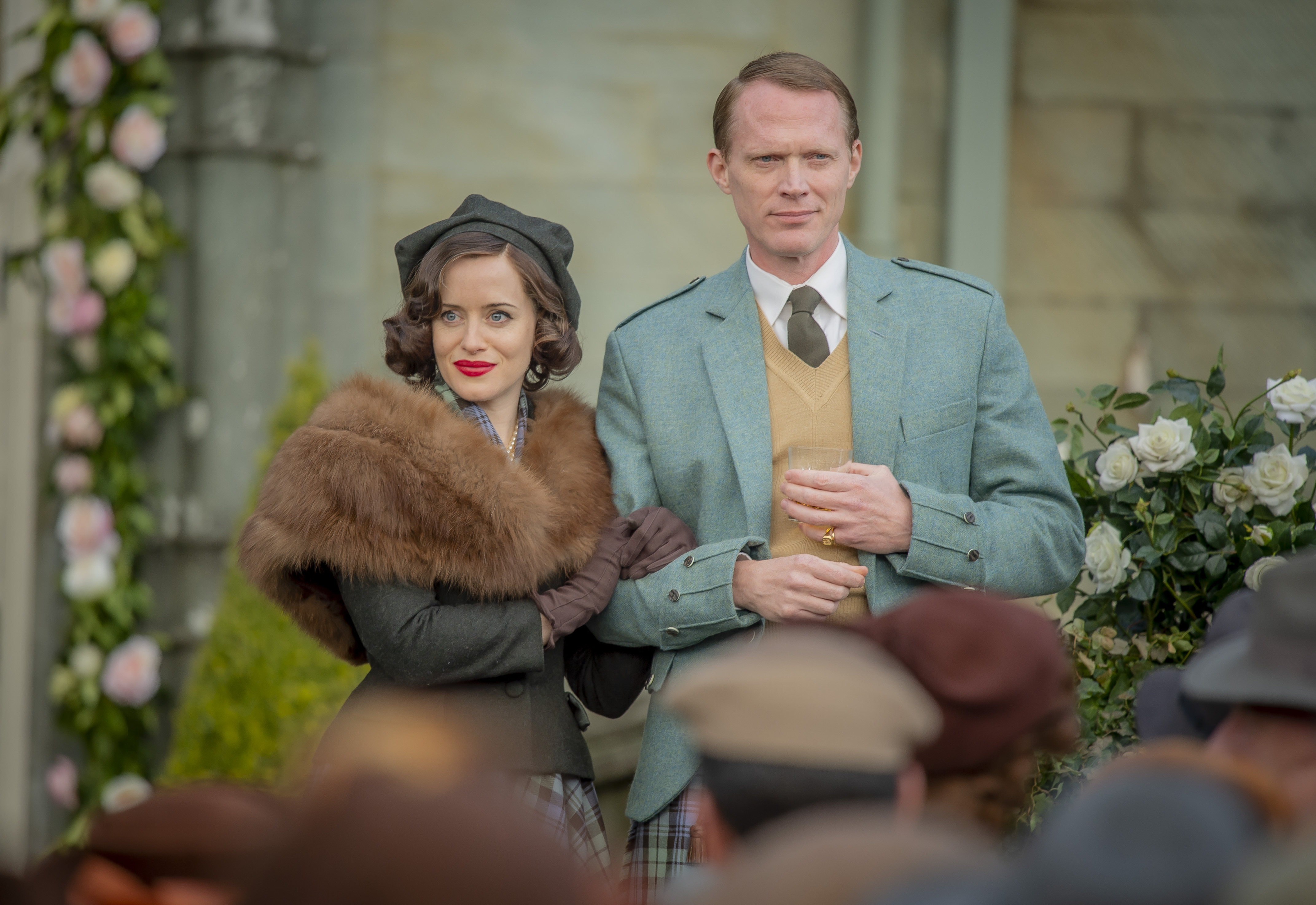
How would you describe the Duchess' character?
She was very privileged, very spoiled, and also incredibly gullible and deeply flawed. She had a pathological problem with lying. She thought she could manipulate all these men and then she met the Duke of Argyll, and she couldn’t manipulate him. That kept her interested for a while.
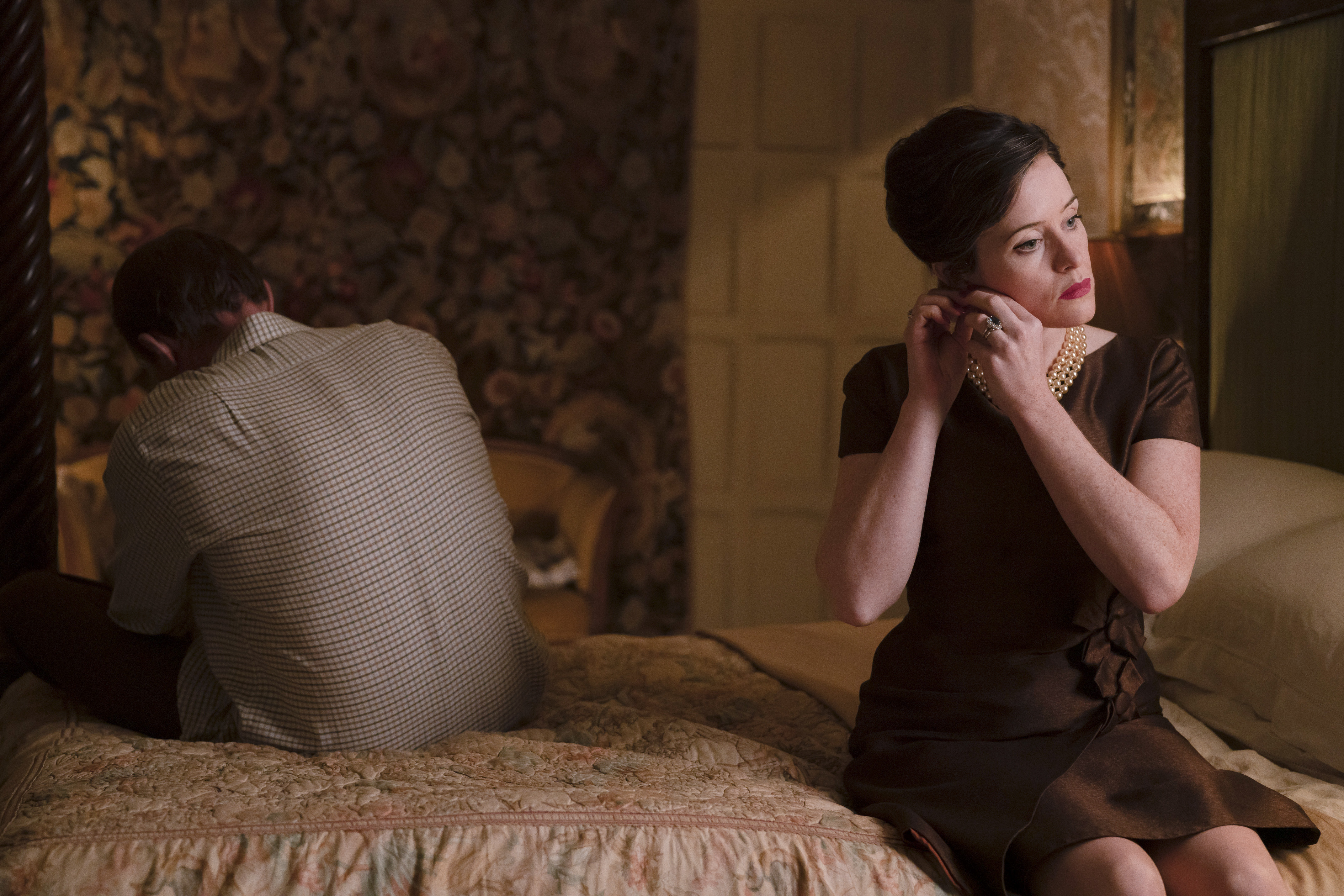
How did she go from being such a lauded and much-admired celebrity to a social outcast?
She courted the press. She gave them what they wanted and they gave her what she wanted but the tide turned very quickly during the divorce. Suddenly it went from ‘Look at her in her beautiful lace and silk’ to, ‘She’s a fallen woman and we all hate her.’ When the press turned on her I think it took her a long time to calibrate. She was always a step behind.
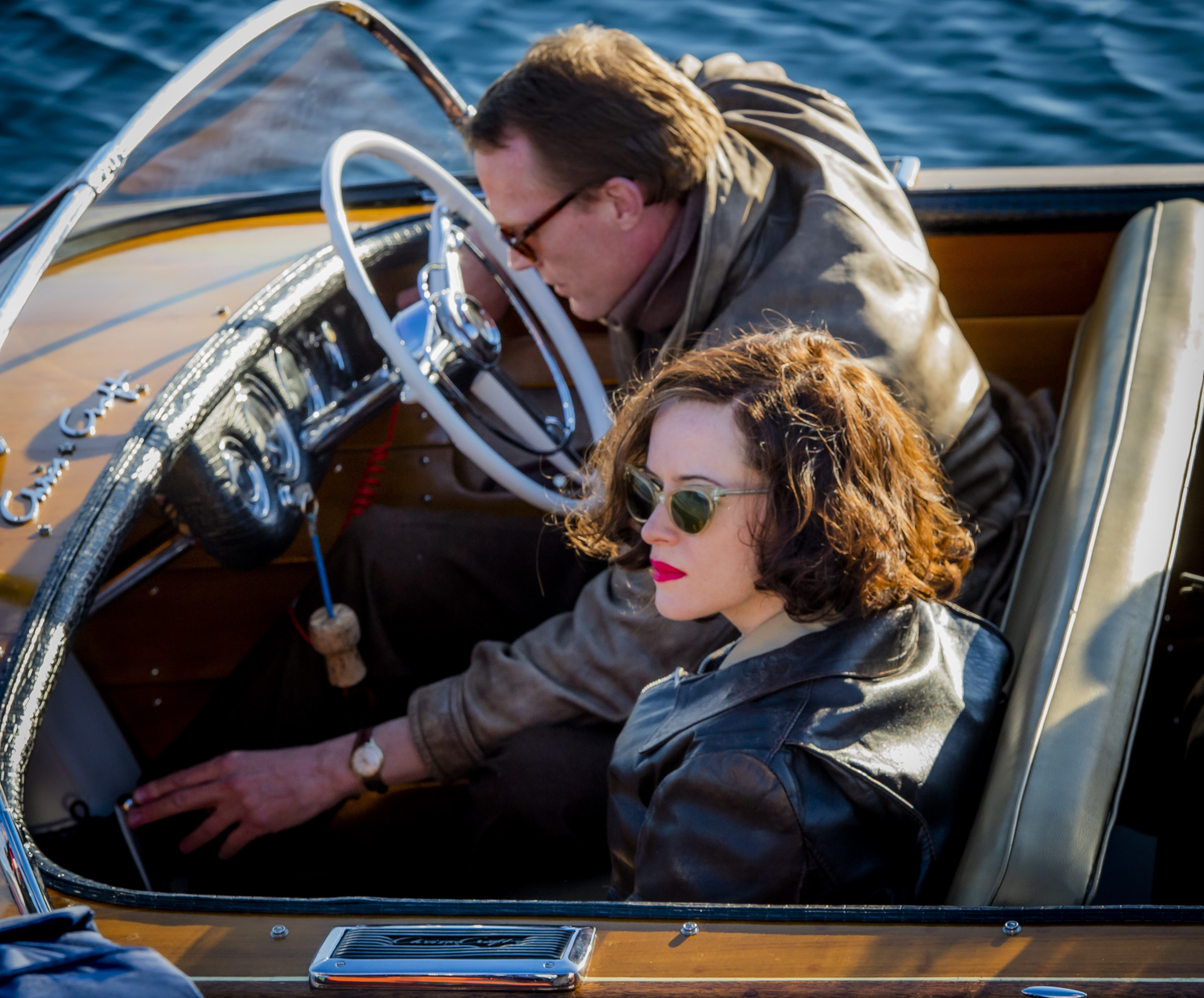
What do you think people will find most fascinating about the drama?
I think watching any relationship break down is deeply sad but also fascinating. From the outside, you always think, ‘Where did it go wrong?’ In this case, the end of their relationship plays out in the public domain. It was so messy, so underhand, so cruel and the only way she could reach the Duke was by newspapers. That’s how they both ended up communicating.
The Duchess had a stammer. How did you find portraying that?
I spoke to an amazing woman from the Stammering Association and she said the biggest misconception is that stammerers are shy people. She said they’re often extroverts but can’t articulate themselves because that version of themselves is not accepted in the world. That’s what I thought about Margaret. There was a block between who she actually was and who she was allowed to be. She carried that her entire life.

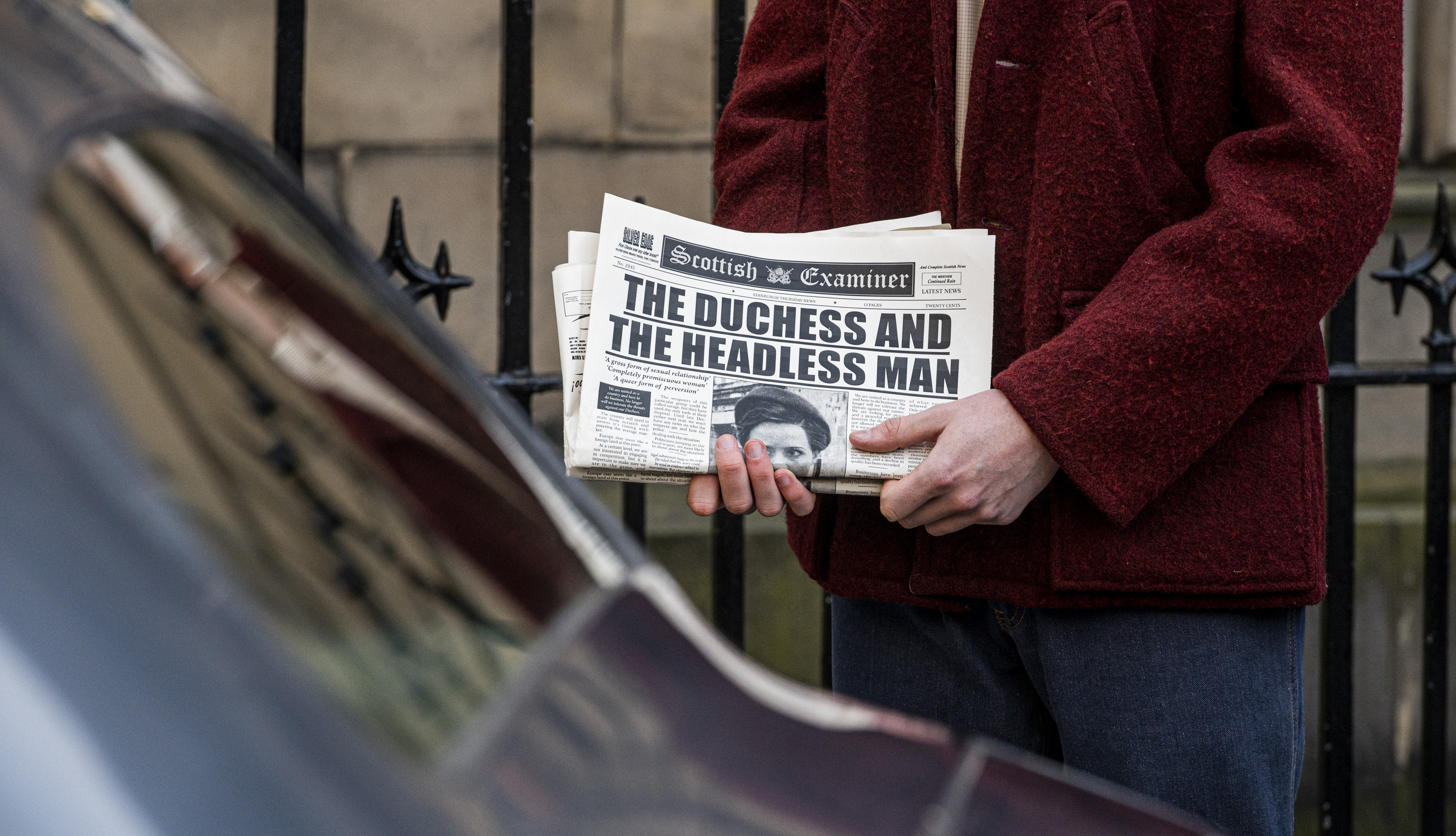
We hear you went to Inveraray Castle where the Duke and Duchess lived as part of the research for the role?
Yes and we met the current Duke and Duchess. They were really generous and kind and we had an evening together. There was no ‘dishing the dirt’ or anything like that but there was a scrapbook of the front pages from all the newspapers at the time. It was ginormous!
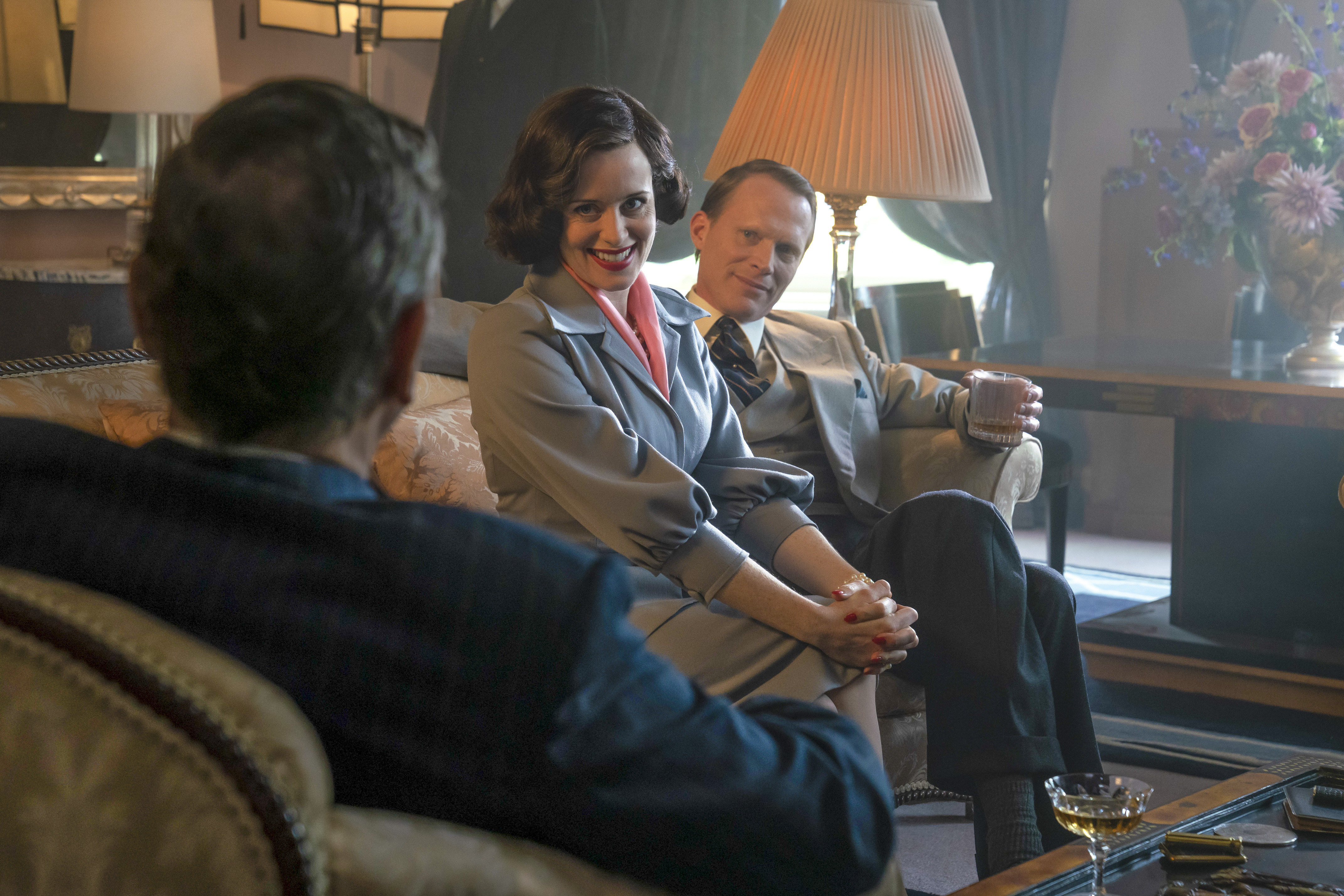
What did you find most interesting about Margaret?
The way she was treated during the divorce was fundamentally wrong. So many women are in the same position but don’t have the funds or the time to be able to fight as she could fight. She was given that opportunity and she still lost because she was a woman.
She was belittled, shamed, put down. I hope to a modern audience we can look back and go, ‘That was pretty bad the way she was treated.’ Her spirit never broke but her confidence was taken from her.
To have fallen from grace so far and then to be so alone, that breaks my heart.
A Very British Scandal is available to UK viewers on iPlayer and US viewers can watch it on Amazon Prime.
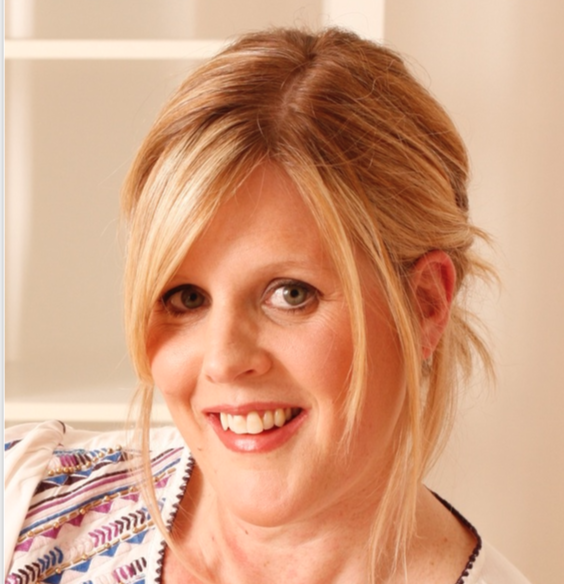
Tess is a senior writer for What’s On TV, TV Times, TV & Satellite and WhattoWatch.com She's been writing about TV for over 25 years and worked on some of the UK’s biggest and best-selling publications including the Daily Mirror where she was assistant editor on the weekend TV magazine, The Look, and Closer magazine where she was TV editor. She has freelanced for a whole range of websites and publications including We Love TV, The Sun’s TV Mag, Woman, Woman’s Own, Fabulous, Good Living, Prima and Woman and Home.
